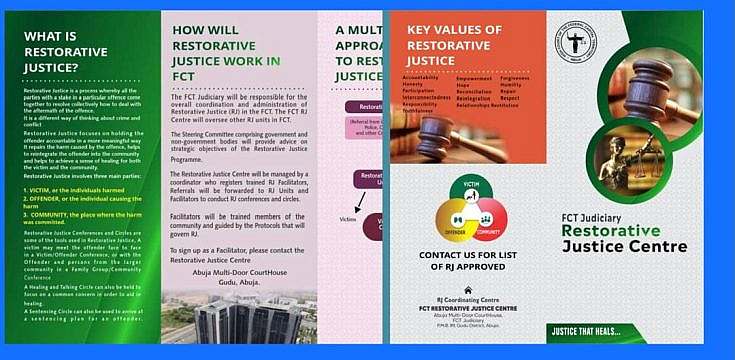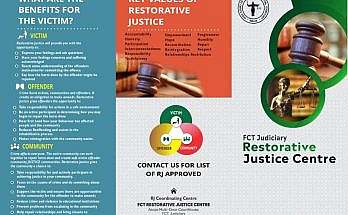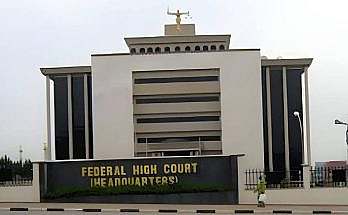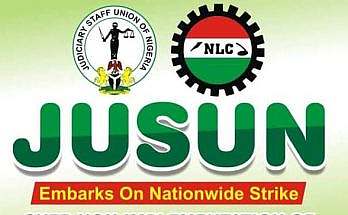Restorative Justice is a process whereby all the parties with a stake in a particular offence come together to resolve collectively how to deal with the aftermath of the offence.
It is a different way of thinking about crime and conflict.
Restorative Justice focuses on holding the offender accountable in a more meaningful way It repairs the harm caused by the offence, helps to reintegrate the offender into the community and helps to achieve a sense of healing for both the victim and the community,
Restorative Justice involves three main parties:
- VICTIM, or the individuals harmed
- OFFENDER, or the individual causing the harm.
- COMMUNITY, the place where the harm was committed.
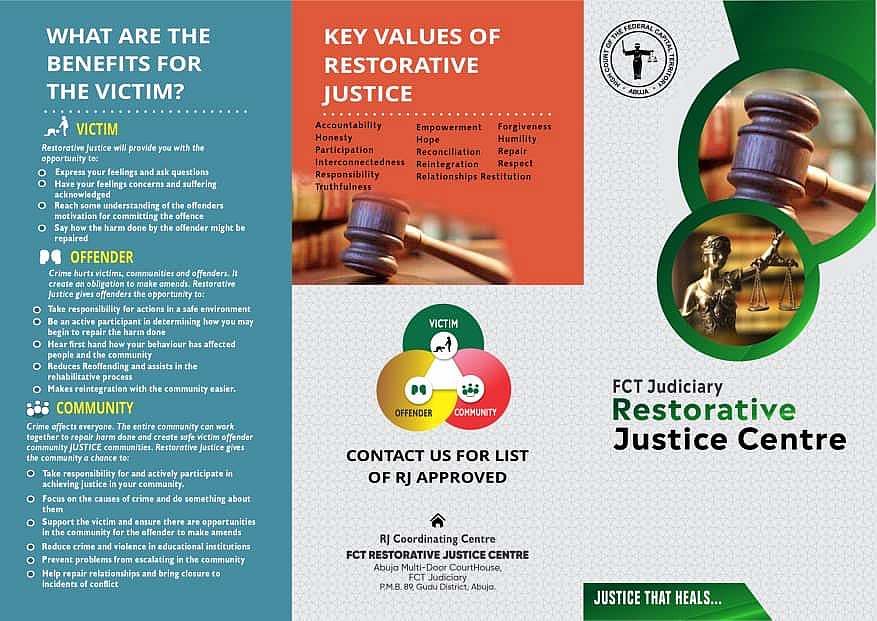 Restorative Justice Conferences and Circles are some of the tools used in Restorative Justice, A victim may meet the offender face to face In a Victim/Offender Conference, or with the Offender and persons from the larger community in a Family Group/Community Conference.
Restorative Justice Conferences and Circles are some of the tools used in Restorative Justice, A victim may meet the offender face to face In a Victim/Offender Conference, or with the Offender and persons from the larger community in a Family Group/Community Conference.
A Healing and Talking Circle can also be held to focus on a common concern in order to aid in healing.
A Sentencing Circle can also be used to arrive at a sentencing plan for an offender.
HOW WILL RESTORATIVE JUSTICE WORK IN FCT.
The FCT Judiciary will be responsible for the overall coordination and administration of Restorative Justice (RJ) in the FCT. The FCT RJ Centre will oversee other RJ units in FCT.
The Steering Committee comprising government and non-government bodies will provide advice strategic objectives of the Restorative Justice Programme.
The Restorative Justice Centre will be managed by a coordinator who registers trained RJ Facilitators, Referrals will be forwarded to RJ Units and Facilitators to conduct RJ conferences and circles.
Facilitators will be trained members of the community and guided by the Protocols that will govern RJ.
To sign up as a Facilitator, please contact the Restorative Justice Centre Abuja Multi-Door CourtHouse, Gudu, Abuja.
WHAT ARE THE BENEFITS FOR THE VICTIM?
Restorative Justice will provide you with the opportunity to:
Express your feelings and ask questions.
Have your feelings concerns and suffering acknowledged..
Reach some understanding of the offenders motivation for committing the offence.
Say how the harm done by the offender might be repaired.
OFFENDER.
Crime hurts victim, communities and offenders. It create an obligation to make amend.
Restorative Justice gives offenders the opportunity to:
Take responsibility for actions in a safe environment.
Be an active participant in determining how you may begin to repair the harm done.
Hear first hand how your behaviour has affected people and the community.
Reduces Reoffending and assists in the rehabilitative process.
Makes reintegration with the community easier.
COMMUNITY.
Crime affects everyone. The entire community can work together to repair harm done and create victim offender community
JUSTICE. 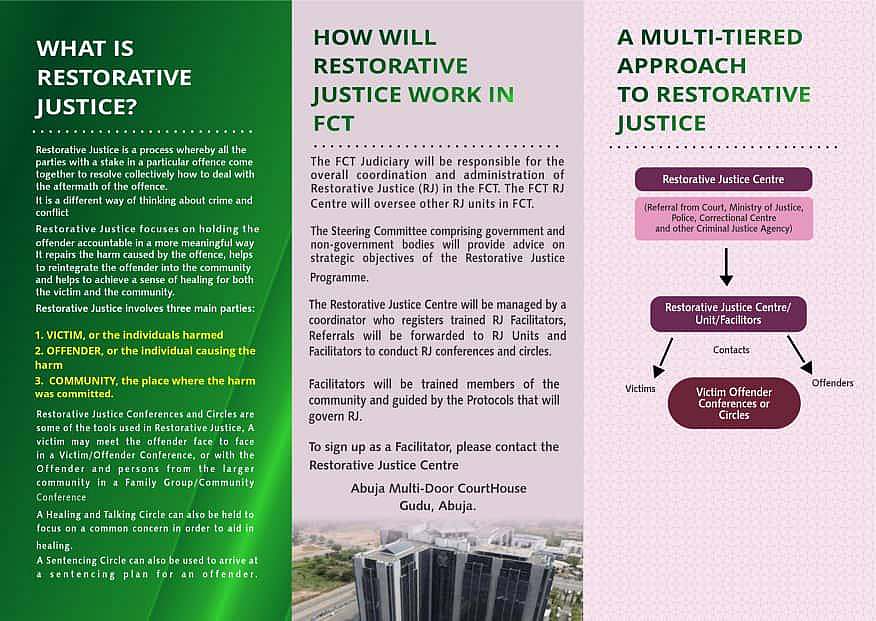 Restorative Justice gives the community a chance to:
Restorative Justice gives the community a chance to:
Take responsibility for and actively participate in achieving justice in your community.
Focus on the causes of crime and do something about them.
Support the victim and ensure there are opportunities in the community for the offender to make amends
- Reduce crime and violence in educational institutions Prevent problems from escalating in the community
- Help repair relationships and bring closure to incidents of conflict

